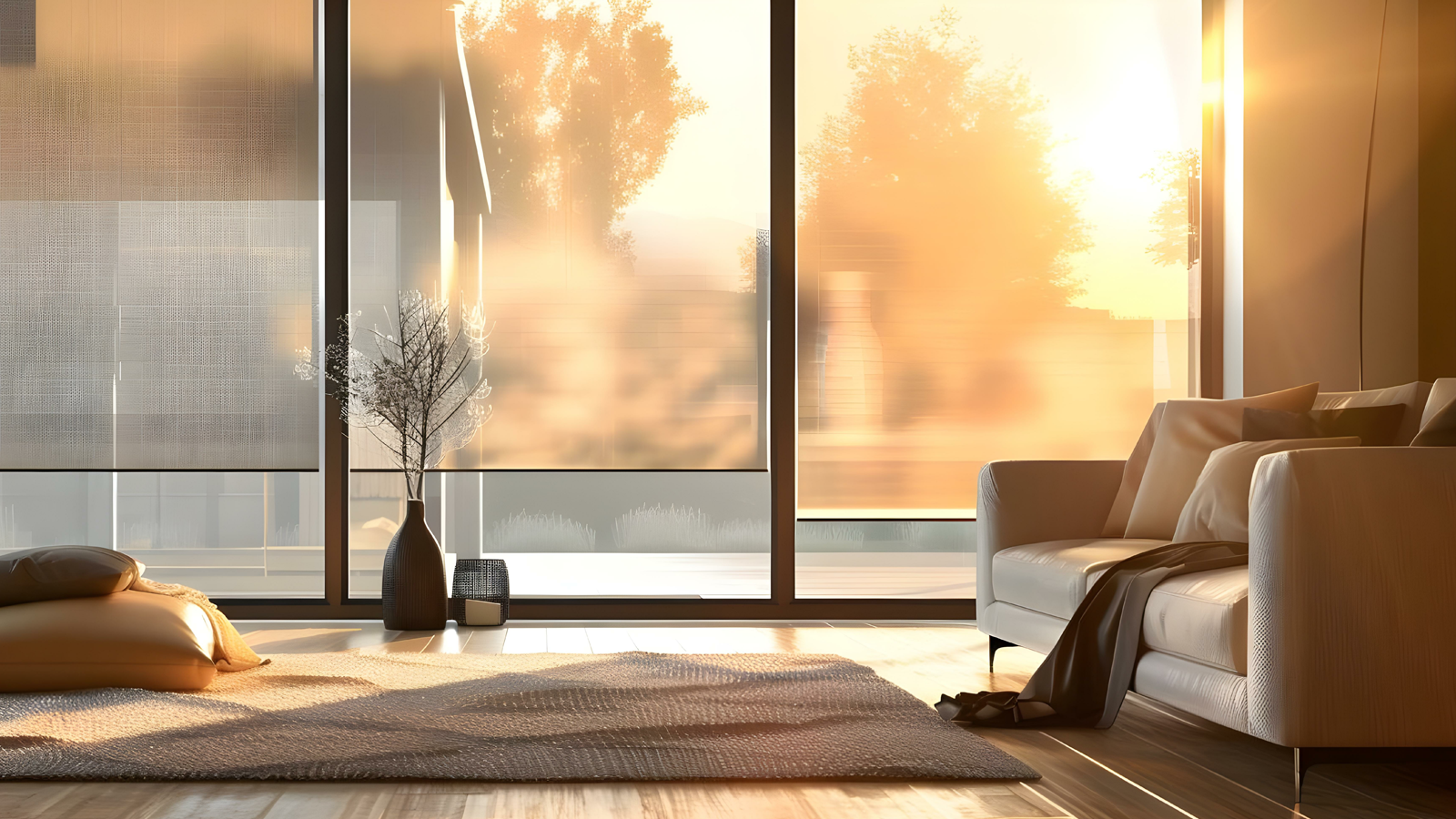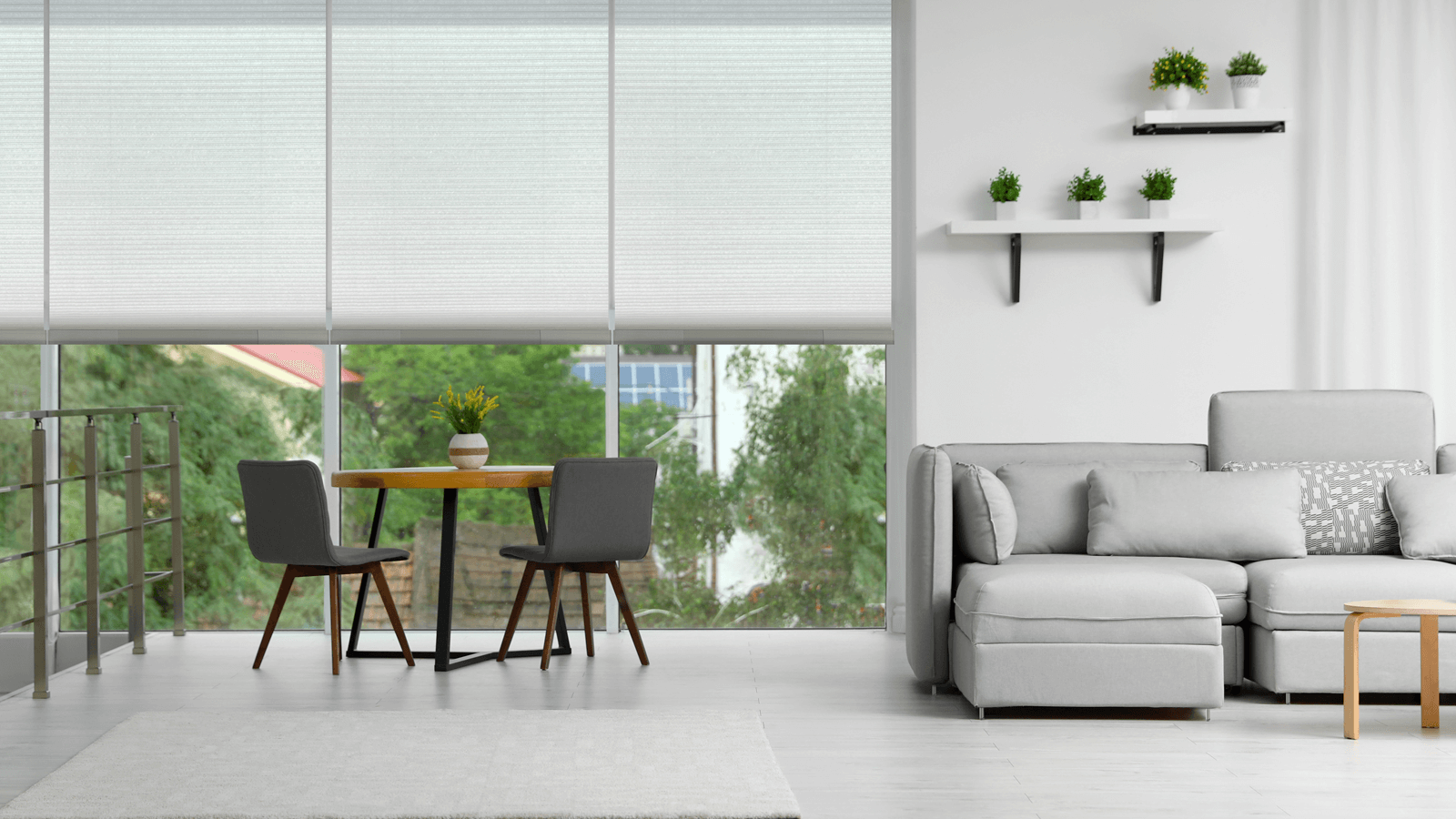Natural light plays a vital role in human health and well-being. It helps regulate our circadian rhythm, which controls our sleep-wake cycle. Exposure to natural light during the day can boost serotonin levels, promoting alertness and positive mood, while also regulating melatonin production for better sleep.
Exposure to natural light during the day boosts mood, increases energy levels, and improves sleep quality. Conversely, inadequate natural light can disrupt our circadian rhythm, leading to sleep disorders, fatigue, and mood swings. While there are several lighting systems that attempt to emulate natural light, it is very difficult to truly achieve parity, what with the dynamic nature of lighting, its variations in intensity across the spectrum and all through the course of the day, seasons and years.
Window coverings empower consumers to harness the positive effects of natural light while mitigating its downsides. By using light-filtering shades, individuals can enjoy the benefits of natural light without the harsh glare or excessive heat from direct sunlight. Blackout shades can create darkness for restful sleep.
Automated window coverings can be programmed to adjust throughout the day, ensuring optimal light levels. For instance, they can open in the morning to allow in natural light, promoting wakefulness, and close in the evening to create a calming ambiance conducive to sleep.
Precise-fitting blackout shades can be used to create environs that help with exercises in mindfulness. Yoga practitioners often find it helpful to create serene, dark and quiet spaces conducive to extreme relaxation and deep meditation. Blackout shades also reduce unwanted sound.





Share: